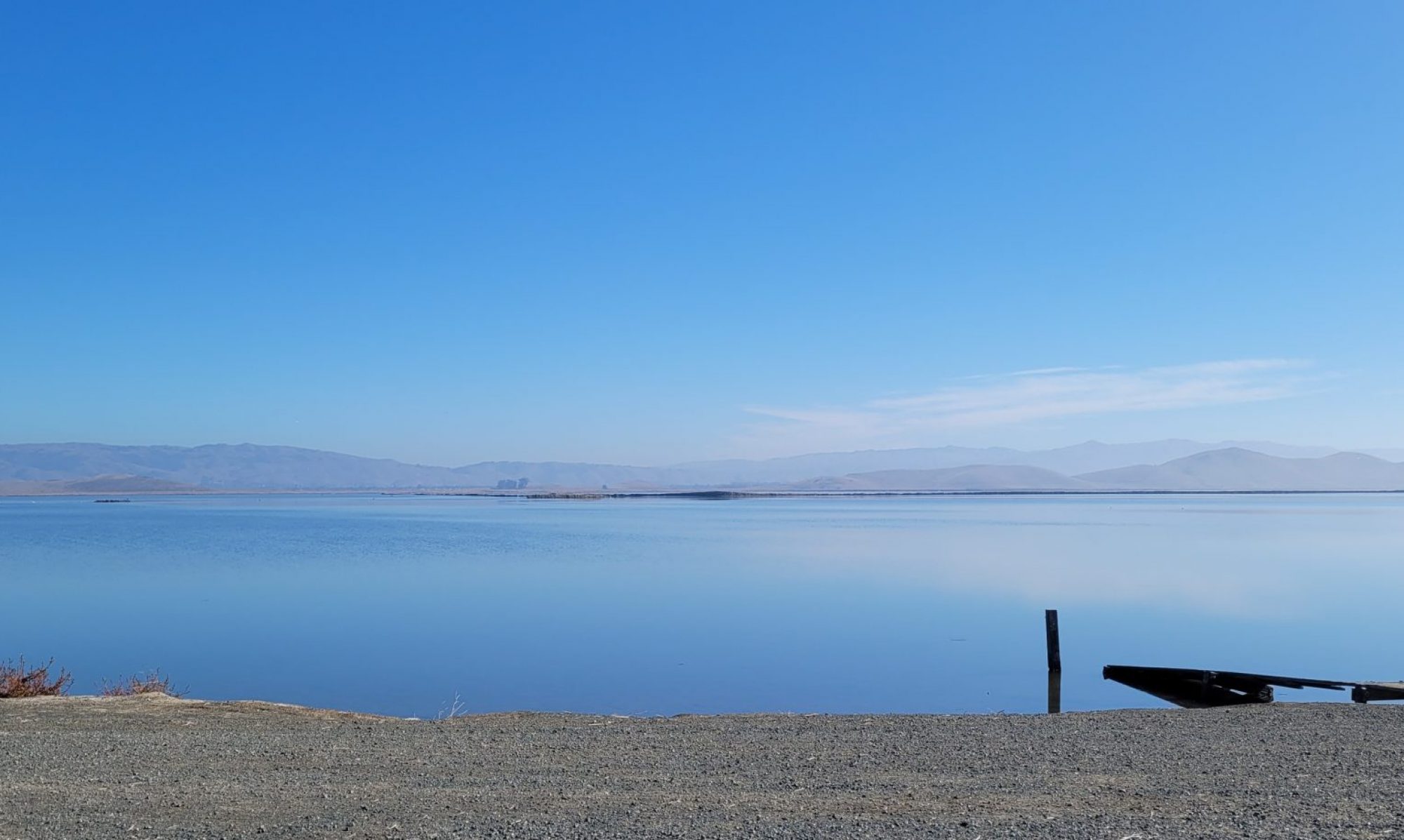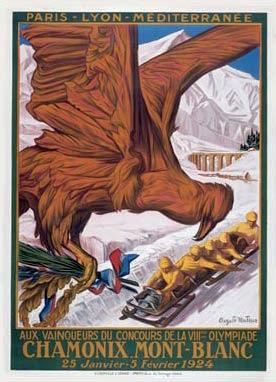
The body is squeezed into a fetal position over two elongated toothpicks that hurtle down icy rails until the track simply ends. Up and out, the plunger opts for the “V” for Victory sign, tipping their sticks up and out as one hand act the rudder, flapping as the toothpicks fall down, down, down. So far down! Off in the distance, there are mountains, trees, even buildings, while the whiteness is below almost transparent except for pastel-colored lines, suddenly oh-so-close. A landing without parachute or bungee cord, just those two sticks, best held parallel as the flier alights, one in front of the other, arms upraised in a benediction–I am safe, I have come down to earth.
Men and women have jumped together in competitions, as with the vast majority of organized sports, since the mid-19th century. Women have been allowed to jump internationally for less than a decade. The new dominant country, which has some of the best facilities in the world, will surprise you. In the mixed competition this year, there was controversy over disqualifications due to equipment and elation for those bumped up on to the podium. There is concern for athletes’ mental health due to body-shaming and the pressure of competition. Olympics, same as it ever was.
Welcome to ski jumping.




